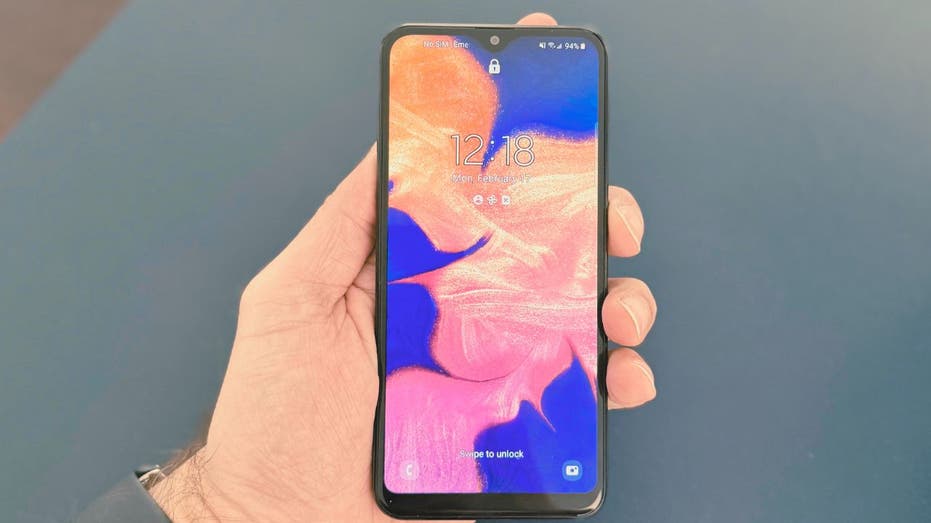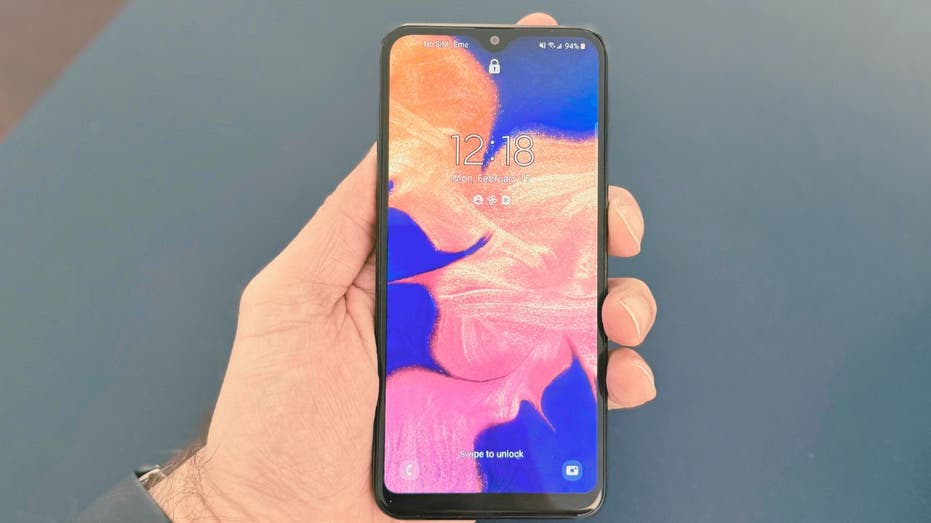- by foxnews
- 07 Apr 2025
'So vague, it invites abuse': Twitter reviews controversial new privacy policy
'So vague, it invites abuse': Twitter reviews controversial new privacy policy
- by theguardian
- 09 Dec 2021
- in technology

Twitter is reviewing a controversial policy that penalizes users who share images of other users without their consent.
In a statement, Twitter said on Wednesday that the company was conducting "an internal review" of the policy after making several errors in enforcement.
"After this was rolled out, we became aware of a significant amount of coordinated and malicious reports and unfortunately, our enforcement teams made several errors," said Twitter spokesperson Trenton Kennedy. "We've corrected those errors and are undergoing an internal review to make certain that this policy is used as intended - to curb the misuse of media to harass or intimidate private individuals."
The policy, announced last week, is intended to protect users against doxxing and harassment, two frequent problems on the platform.
The platform now allows users to report other users who tweet "private media that is not available elsewhere online as a tool to harass, intimidate, and reveal the identities of individuals". If a review concludes the complaint has merit and the image wasn't used for a journalistic or public interest purpose, those accounts are deactivated.
Activists swiftly warned that the policy as it was published would backfire. The policy was vague and had been put together without much input from the communities most vulnerable to harassment and doxxing, the activists argued. They had little faith in Twitter's reporting and appeals process, which they described as unreliable, automated and allowing for little discussion about the enforcement of policies.
And indeed, hours after the policy became public, users affiliated with far-right movements like the Proud Boys and others espousing QAnon conspiracies put out calls to their followers, urging them to weaponize the new rules to target activists who had posted about them.
On 1 December, for example, a member of the far-right group National Justice Party posted a list of about 40 Twitter accounts of anti-racist and anti-fascist activists who research far-right groups. The member called on his more than 4,000 followers to report their posts: "Due to the new privacy policy at Twitter, things now unexpectedly work more in our favor as we can take down Antifa, [gay slur] doxxing pages more easily," the post read.
The effect was near immediate. Twitter locked the account Miami Against Fascism, which is managed by a group of activists who work to expose far-right extremists, after someone reported a 14 July retweet of an image of Proud Boys leader Enrique Tarrio. The original image of Tarrio, who is serving a five-month sentence for two crimes including setting fire to a Black Lives Matter banner stolen from a historically Black church, was tweeted by a local journalist covering a school board meeting Tarrio was demonstrating outside of.
"Supposedly, the policy is that [reports] can only come from self-reporting individuals," said Diego, one of the members of Miami Against Fascism whom the Guardian is identifying by his first name for fears of reprisal. "But I think that people are doing it on other people's behalf. And I don't think that Twitter is verifying it. For instance, Enrique Tarrio is in jail right now. He's not able to report these tweets personally."
Gwen Snyder, a Pittsburgh-based activist, was locked out of her account over a Twitter thread that identified a mayoral candidate and Capitol rioters who had participated in a local Proud Boys rally. Screenshots Snyder shared with the Guardian show Twitter gave her the option to delete the tweets and have her account reinstated. But deleting the tweets would mean she acknowledged they had "violated the Twitter rules". Snyder, who had dealt with Twitter's support and appeal process in the past, didn't have any faith in the process and chose to delete the tweets to gain access to her account.
"They did give the option to appeal," Snyder said. "I didn't, because I felt it was important to post about [the policy] in a timely way. I've also had bad experiences with the Twitter appeals and reporting process."
"Twitter is really hard to reach out to in any way if you're not press," she said.
Twitter admitted it had been wrong to lock Snyder's account after reporters brought attention to her case. In an email to Snyder, the company wrote that it had reconsidered its judgment and the tweets in question weren't in violation of its new policy. The company did not say whether it was reinstating the tweets or changing the policy.
Another group of activists working to expose far-right extremists, the Anonymous Comrades Collective, reported its account was locked over a tweet that linked to a blog post exposing the legal name of "Vic Mackey", the host of the podcast Bowlcast, who led an internet troll group called "Bowl Patrol" and had threatened journalists. "Bowl", the group said in an email to the Guardian, refers to the haircut neo-Nazi shooter Dylann Roof sported.
"Twitter's policy is written so vaguely that it invites abuse," the Collective said in an email.
Social media platforms have long been plagued by problems like doxxing and harassment. Far-right groups have frequently used the tactic of doxxing - publishing someone's private or identifying information on the internet - to target activists and journalists and even families of the victims of mass shootings like in Sandy Hook. Anti-fascist and anti-racist activists have since coopted some elements of that strategy by disclosing the identities of members of far-right groups and individuals, particularly those accused of violence.
Facebook and Twitter's response has historically been to take down content when it's reported for exposing private information about an individual. But activists say the broad nature of the new rules makes it ineffective and ripe for abuse against the most vulnerable groups.
"It's really important to acknowledge that the people who are hit by mass harassment and therefore the people who are going to be hit by abuse of policies like this, are disproportionately women, people of color, trans folks and other marginalized groups," Snyder said.
Reporters and photographers, too, have expressed concern. The new policy explicitly states Twitter will take into account whether the images are publicly available, being covered by journalists or adding to the public discourse (all three conditions that Snyder and Diego argue apply to their tweets).
Journalists have warned that leaving the decision of whether an image is newsworthy or adds to the public discourse to Twitter's discretion could be problematic. Mickey Osterreicher, general counsel for the National Press Photographers Association, argued that with its new rules, Twitter did not seem to take into account that there was not a reasonable expectation of privacy in public spaces. Enforcing the policy, he said, would undermine "the ability to report newsworthy events by creating nonexistent privacy rights".
This story was updated on Wednesday, 8 December with a statement from Twitter announcing it would review its "private media" policy.
- by foxnews
- descember 09, 2016
Ancient Ten Commandments fragment of 2,000-year-old manuscript to go on display at Reagan Library
The "Dead Sea Scrolls" exhibit, announced at the Ronald Reagan Presidential Library and Museum, features ancient Jewish manuscripts, plus the rarely seen Ten Commandments Scroll.
read more





